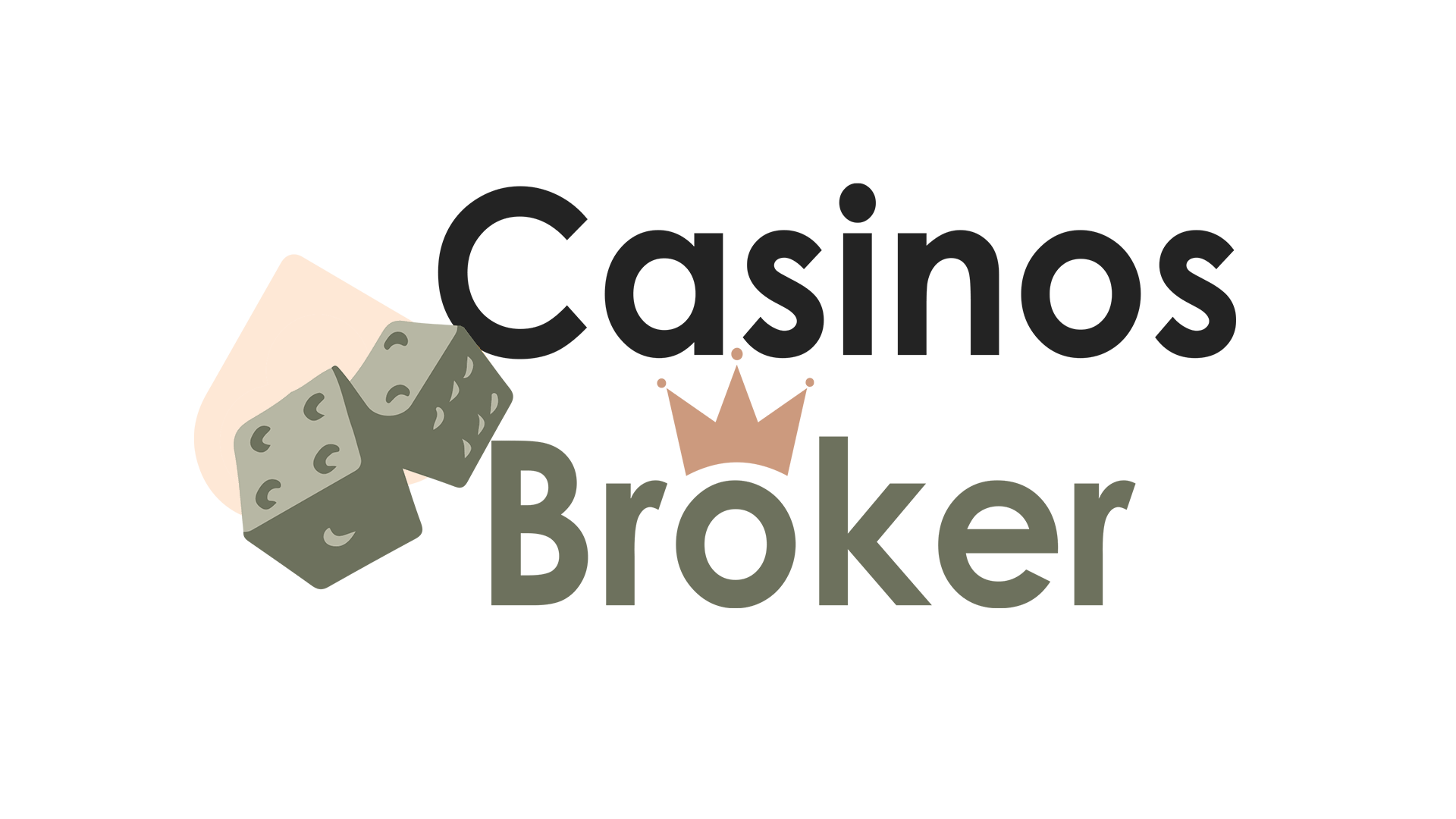The Importance of Persistence When Selling a Business
The Strategic Value of Staying the Course When Exiting an iGaming Company
Selling an iGaming asset is rarely a sprint; it is a controlled marathon that tests an owner’s preparation, resolve, and ability to keep the business performing while the deal team does its job. As a sell-side adviser who has shepherded more than seventy digital-gaming transactions over the past decade, I have learned that persistence—supported by data-driven positioning and disciplined marketing—remains the single biggest differentiator between “almost sold” and “wire cleared.”
Preparation first, emotion second
Well-run sale processes start long before the first teaser leaves the inbox. Clean financial statements, a bullet-proof compliance file, and a growth story anchored in credible KPIs give buyers confidence and compress diligence timelines. In today’s market, buyers benchmark deals against recent transactions such as Entain’s acquisition of BetCity in the Netherlands, structured at up to 10× 2023 EBITDA, and Flutter’s 2024 purchase of Brazil’s NSX Group at 18.4× EBITDA—multiples that only stood up because both targets arrived at market fully “data-room ready.”
Patience that pays
Once the teaser is live, the calendar can stretch: middle-market businesses typically require nine to ten months to close, with three to twelve more months of pre-work depending on readiness. During this lull founders often feel they are in an “all-or-nothing” holding pattern. The remedy is to stay plugged into the sale while continuing to hit monthly revenue targets; any operational slippage will be capitalised in a buyer’s model.
Adaptive marketing beats static listings
If first-round feedback signals lacklustre interest, revise the outreach plan rather than waiting “another six to ten months.” Modern iGaming buyers track hundreds of live deals, and a refreshed narrative—sometimes as simple as repackaging retention cohorts or pointing to new country launches—can pull a stalled process out of the ditch. Global gaming ad spend topped US $12 billion in 2024, so assume your competitors are telling their stories loudly while you decide next steps.
Market benchmarks at a glance
| Region | Median or Recent EBITDA Multiple | Typical Time from Launch to Close | 2024-25 Landmark Deal (value shown) |
|---|---|---|---|
| Europe | 11.2× (video-/iGaming median Q4 2023) | 9–10 months | Entain → BetCity, €450 m |
| Latin America (Brazil) | 18.4× (Flutter → NSX Group) | ≈12 months* | Flutter → NSX Group, US $625 m |
| North America (US hotel/gaming) | 15.4× EV/EBITDA (sector mean Jan 2025) | 9–12 months | Caesars → William Hill US, US $3.7 bn |
*Processes in newly regulated markets such as Brazil often run longer as licences are finalised.
The upside of persistence
Staying engaged adds tangible value: Drake Star recorded US $4.4 bn in disclosed global gaming deal value in Q1 2025 alone—a two-year high that rewarded sellers who kept their mandates live through 2024’s slower quarters.
Pros and cons of a protracted sale process
Pros
Allows time to surface strategic (often higher-valuing) buyers
Generates competitive tension that can improve earn-out terms
Gives sellers breathing room to optimise working-capital pegs
Cons
Prolonged distraction can erode operating performance
Market conditions—interest rates, regulatory shifts—may turn mid-process
Extended exclusivity can reduce leverage if one buyer dominates the auction
Frequently Asked Questions
Q 1. How do iGaming multiples compare with other tech verticals?
iGaming pure-plays still trade at a premium to generic SaaS (currently ~9× EBITDA) because of their cash-flow profile and cross-sell potential, yet below top-tier fintech (~20×) where growth is faster.
Q 2. What is the biggest deal-killer you see?
Deteriorating trading in the final quarter before closing. Keep marketing spend, compliance, and VIP management steady until the ink is dry.
Q 3. Can I run the process quietly to protect staff morale?
Yes. Use a numbered-code name, tight NDAs, and a short list of pre-qualified strategics or private-equity groups experienced in gaming.
Q 4. Do I really need an M&A adviser?
Given the sector’s regulatory complexity and the valuation spread shown in the table above, seasoned advisers usually cover their fee by expanding the bidder pool and negotiating earn-out mechanics tied to retention and licence milestones.
The takeaway
Persistence is not passive; it is an active discipline that combines rigorous preparation, adaptive marketing, and relentless focus on day-to-day performance. Owners who embrace that mindset—and who are willing to update the playbook when the market speaks—consistently achieve strategic-level valuations rather than settling for the first acceptable offer on the table.


